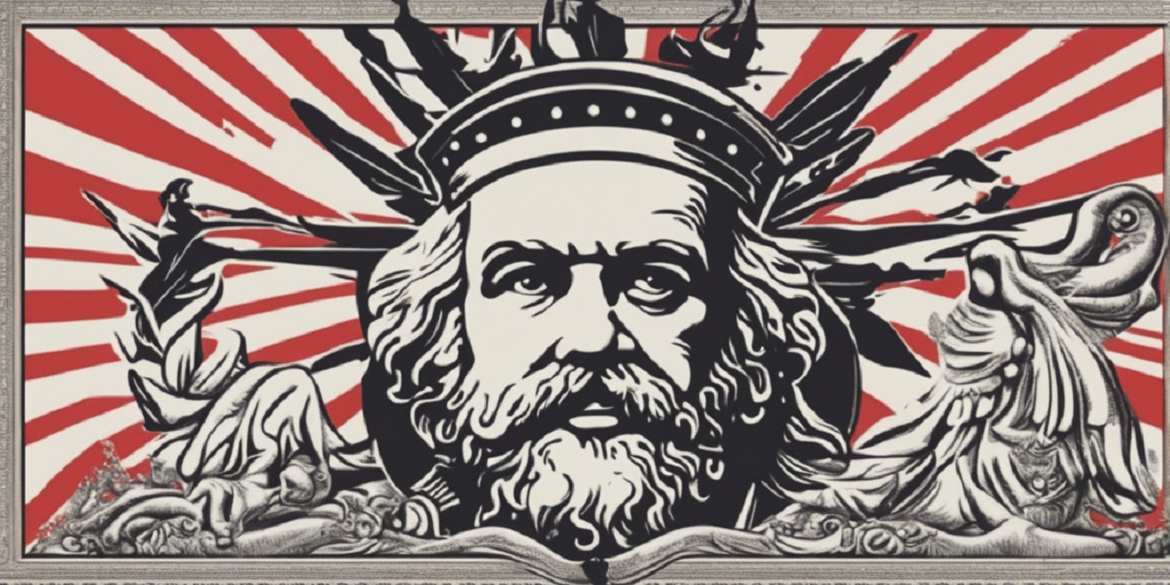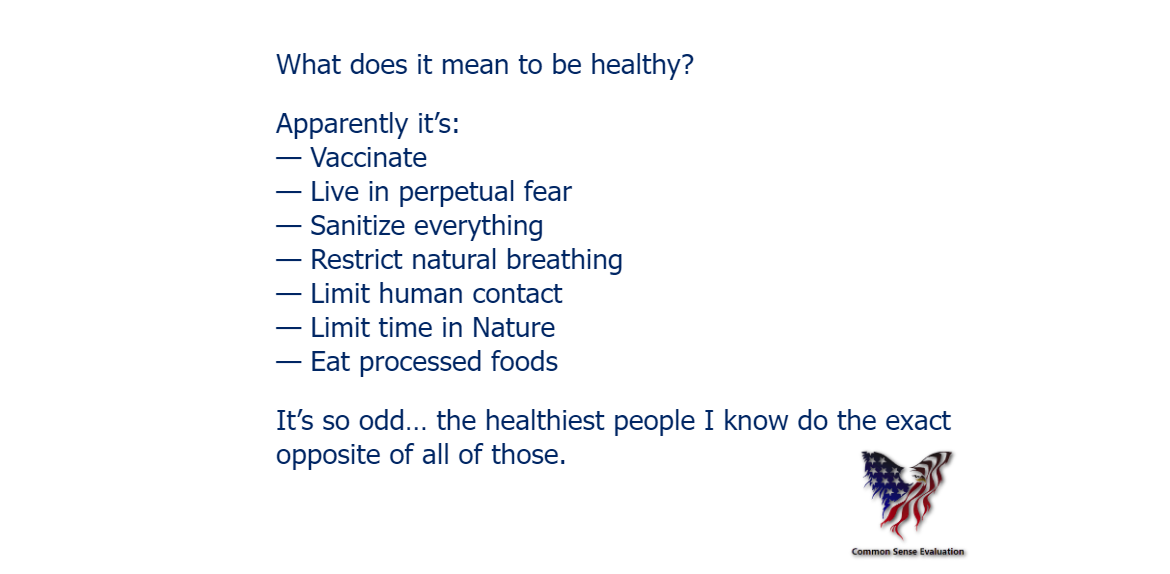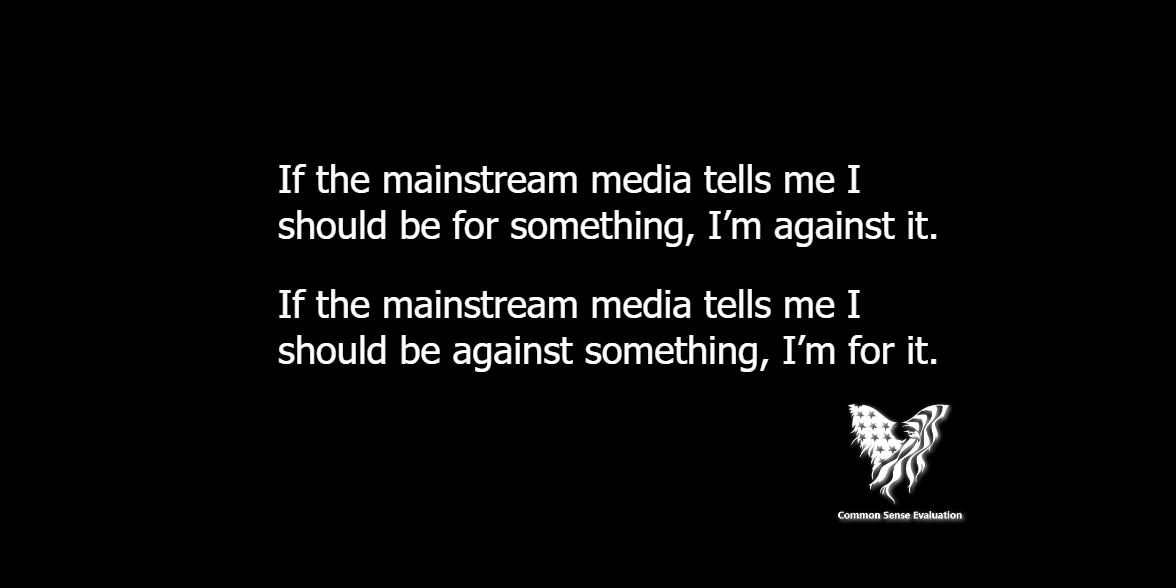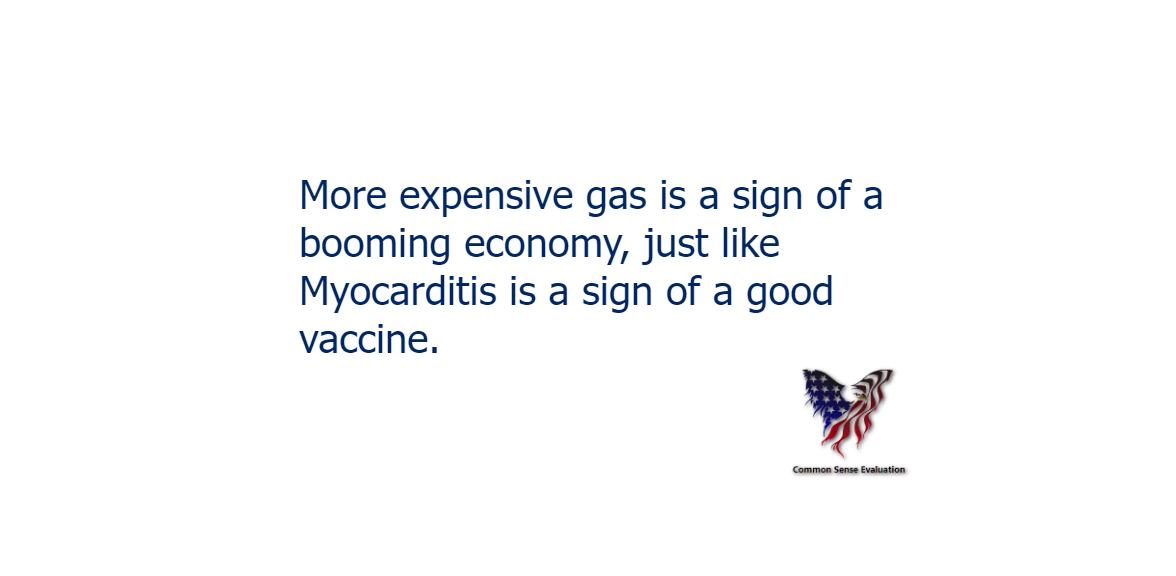“…In order to forge a cosmic accord of unprecedented unity and harmony, The Politically Correct Movement demands that all people, regardless of prior social preconditioning must accept the incipient world order that will offer unlimited bliss and contentment. Dammit.” ~ Prof. Dr. Skippy “Houng Lau” Whitmore Berkeley CA, 1965
PC Primer
What is P.C.?
PC stands for Politically Correct. We of the Politically Correct philosophy believe in increasing a tolerance for a diversity of cultures, race, gender, ideology and alternate lifestyles. Politically Correctness is the only social and morally acceptable outlook. Anyone who disagrees with this philosophy is bigoted, biased, sexist, and/or closed-minded.
Why should I be PC?
Being PC is fun. PCism is not just an attitude, it is a way of life! PC offers the satisfaction of knowing that you are undoing the social evils of centuries of oppression.
I am a white male. Can I still be PC?
Sure. As a matter of fact, most people at the forefront of the PC grand destiny are white males. But remember, as a white male, you must constantly feel guilty.
Why?
If you are a white male, your ancestors were responsible for practically every injustice in the world: slavery, war, genocide, and plaid sport coats. That means that you are partially responsible for these atrocities. Now it is time to balance the scales of justice for the descendants of those individuals whose ancestors your ancestors pushed down.
How?
It’s simple. You’ve got to be careful what you say, what you think, and what you do. You just don’t want to offend anyone.
You mean I should guard against offending anyone?
That’s right. Being offensive is destructive, and will not make the world a harmonious Utopia, like in John Lennon’s Imagine.
How else can I be PC?
Oh, there are lots of ways. For example, why buy regular ice cream when you can buy “Rain Forest Crunch?” Segrega–whoops–separate all of your garbage into different containers: glass, metal, white paper, blue paper, plastic, etc. Make sure that all your make-up has not been tested on animals. Try to find at least sixty ways to use your water; when you take a shower, brush your teeth at the same time. Then don’t let the water go down the drain, use it to irrigate your lawn. Or better yet, replace your lawn with a vegetable garden. Don’t use aerosol. And by all means, don’t burn or deface our flag. Remember, as a citizen of the United States, you’re living in God’s country. If you are fortunate enough to know your ethnic heritage, dress the part! Don’t do drugs. You should listen to at least one of the following PC musicians: U2, REM, Sinead O’Connor, Sting, or K. D. Lang.
Harass people who wear fur coats. Remind them that an innocent baby seal was mercilessly clubbed. Or just yell, “FUR!” They hate that. And don’t ever eat meat.
Don’t eat meat? Why not?!
Cows are animals, just like humans are animals. That means that they have rights. When you eat meat, you’re oppressing animals!
So all killing is bad?
No, not always. Sometimes killing can be justified, like in the Persian Gulf. You have to be able to tell when an animal has rights, and when it doesn’t.
How do I know when an animal has rights?
The general rule is as follows: If an animal is rare, pretty, big, cute, furry, huggable, or lovable, then it has rights. Examine the following chart:
RIGHTS NO RIGHTS
cows cockroaches
cute bunnies flies
dolphins in tuna nets tuna in tuna nets
whales sharks
red squirrels gray squirrels
owls loggers
harbor seals barnaclesWow. What else can I do to be PC?
Hug a tree. Rejoice each day in our cultural differences, for they are what gives flavor to our great country. Get in touch with your sexual identity. Check your refrigerator for Freon leaks. Subscribe to National Geographic. Search it for neat non-Western cultural traditions and costumes. After you read it, use the paper as an alternative fuel source. Try to wear clothes with Xs on them if they’re all natural fibers. Above all, always question authority!
But wait, I thought–
Don’t worry, that’s not important.
Well, I’m not too sure about this.
If you are feeling unsure about your motivation, just remember. You Are Right. It’s that simple. You, as a PC social warrior, are right.
How do I know if an action is un-PC?
Good question. It’s critical to know when someone is saying something insensitive so that you can have that person removed from society. The guideline is as follows:
Is the confrontation between two white people?
Yes: The liberal is right.
No: The white person is oppressing the ethnic person.
Remember, many seemingly obvious issues, such as the railroading of Mayor Marion Barry, or the Clarence Thomas issue, are really race issues.
Here’s a fun practice drill for you: See how many newspaper articles you can make into race bias stories. It’s fun! Some PCers are so good they can make the weather report look like a KKK pamphlet!
What should I do if I see someone do something non-PC?
It all depends on the situation. If you are not in a position of authority, by all means report this activity immediately to whomever is in charge. If your school leader, employer, or superior is hip to the trend of the 90s, she or he will take the necessary steps to have the insensitive offender disciplined.
But isn’t that censorship?
The Constitution never meant for racism, sexism, and insensitivity to be espoused by anyone. That’s not what free speech is about. Some call it censorship. PCers call it “selective” speech. Saying something negative about a particular race or gender is just as damaging as, say, punching them in the face. We just can’t allow that kind of verbal assault.
I’ve heard a lot about PC words to replace “Black,” “Indian,” etc.
Yes. That’s part of the PC movement. You see, part of the way we think about people comes directly from the words we use to describe them. Take “black” for instance. Why should a person be judged by the color of their skin?
You mean they should rather be judged by the content of their character?
No, I mean they should be judged by where their ancestors are from. If your great-grandparents are from Africa, or Asia, or wherever, then you should be identified by that fact. You can even apply for special scholarships!
I’m a mixture of French, German, English, and Russian. Can I get one?
No, there are no scholarships for any of those. Sorry. If you are a woman, however, there should be some.
Hey, wouldn’t a white person from Libya or Egypt technically be an African-American?
Technically, yes. But that’s not the kind of African-American we mean. We mean black African-Americans. Another example: A white South-African US immigrant is not an African-American either.
How can I learn to make my language more politically correct?
For more help, see the PC LEXICON at the end of the handbook.
I’d like my child to be PC. What can I do?
Well, for one thing, we should forcibly encourage students to volunteer their time with philanthropies. Also, we should re-emphasize non-Western perspectives on history. Finally, we should re-structure tests and quizzes to reflect cultural biases.
I don’t get it.
Well, the way the system works now, “select” under-represented minorities who tend to do worse on entrance tests have lower standards of admissions at school and work and receive preferential treatment. This is unfair and wrong.
It is?
Yes. The true PC way to do it is to have a different grading scale for different groups which gives or subtracts points from the final score, depending on who is taking the test. If you are white, then you have been benefited by society during your life. That means that you lose ten to fifteen points to make the test fair to everyone else.
I guess that sounds right.
It is right. That’s the beauty of PC.
What else do I have to be careful of?
Humor. PC people take every comment very seriously. We will not accept any comment, joke, remark, or anything that sounds like it could be a racial or ethnic slur.
Give me an example.
“What’s black and white and red all over?” has been staple humor for decades. Not PC–It can be taken the wrong way.
In everyday speech, try to use phrases like, “Isn’t that the pot calling the kettle African-American.” Any racial jokes or jokes even mentioning culture or gender should be omitted. True, this mostly limits comedy to the level of sitcoms, but that’s a small price to pay for social equality.
Is that all there is to it?
Yes. The Politically Correct belief is essentially a recognition that people are diversely equal. We rejoice in this equality by treating people differently based on their equal individuality. Hop aboard the bandwagon… Be PC. Or you’re an intolerant, racist, sexist insensitive pig.
PC Lexicon
"Insensitive Term" "Preferred Term"
ETHNICITY (PC people do not recognize the term "race" as valid)
Black African-American (Note: does not
include Libyans, Egyptians, white
Africans. Does include people with
dark skin regardless of where they
are from or where they live.)
Oriental Asian-American (Note: not
considered "real" minorities since
they tend to do well.)
Indian Native American Indigenous Peoples
of the North American continent
(Note: the following teams are not
PC: Atlanta Braves, Cleveland
Indians, Washington Redskins. Avoid
these cities!)
Chicano Hispanic (Note: the following are
not PC: Cheech and Chong, Chico and
the Man, the Cisco Kid, Rosarita
Salsa, Speedy Gonzales.)
White Trash PC Unaware Rustically Inclined
WASP (white male) Insensitive Cultural Oppressor
GENDER
Woman Womyn, Vaginal-American
Girl Pre-Womyn
Housewife Domestic Engineer
Fireman Fire Fighter
Stewardess Flight Attendant
Meter Maid Parking Enforcement Officer
Postman Postperson
Mailman Personperson
Policeman (cop, pig) Law Enforcement Officer Baton Boy
California Clubber
Prostitute Sex Surrogate (Teen Victim, see
Broken Home)
Mankind, human, person Earth Children
PEOPLE (subgroups)
Handicapped Differently Abled Handicapable
(Blind: optically darker; Deaf:
visually oriented)
Poor Economically Unprepared
Bum Homeless Person Displaced Homeowner
Philosophy Major
Hunter Animal Assasin Meat Mercenary Bambi
Butcher
Commercial Fisherman Flipper Whipper
Whaler Blubber Lover
Old Person Elderly Senior Citizens Time-extended
Gerontologically Advanced
Conservative Right Wing Extremist Fascist Pig
Drug Addict Chemically Challenged
Bald Comb-free
Vegetable Noble Unconscious Hero
Bisexual Sexually Nonpreferential
Midget Dwarf Little People Vertically Challenged
Insane Selectively Perceptive Mental
Explorer
Tree-hugger Environmental Activist
Logger Wood Weasel Paper Pirate Treeslayer
Obese Fat Differently Weighted People of Mass
Gravitationally Challenged
ACADEMIC
Far East Asia
Censorship Selective Speech
BC BCE
Older Students Non-traditional Students
New-traditional Students
Learning Disability Self-paced Cognitive Ability
Cheating Academic Dishonesty
Library Information Center
Used book Recycled book
Dorm Residence Hall
Berkeley Mecca
MISCELLANEOUS
Broken Home Dysfunctional Family
Mercy Killing Euthanasia Putting down
Cattle Ranch Cattle Concentration Camp
"Moo-shwitz"
Ghetto Barrio Ethnically Homogeneous Area
Pre-integrated Pre-Nirvana
Hamburger Seared, Mutilated Animal Flesh
Cheeseburger Adding Insult to Injury
Tree Oxygen Exchange Unit
Gang Youth Group
Pimpmobile Low-rider Culturally Responsive Transportation
Drunk Trashed Wasted Spatially Perplexed
Slum Economic Oppression Zone
China Porcelain
Delicatessen Corpse FarmSocially Intolerable Words
These are some, but unfortunately not all, words that are used to describe people. Remember, there are much more eloquent PC ways to say the same thing (and mean the same thing) without offending any of Earth’s Children.
Do not use these words.(except when telling other people not to use them). If you hear anyone use these words, regardless of context, respond immediately:
“Alky, Babe, Beaner, Belgian-Bastard, Betty, Bimbo, Bitch, Blonde, Broad, Bum, Canuck, Chick, Chink, Coolie, Coon, Commie, Crip, Dego, Dike, Dot-head, Druggie, Fag, Fairy, Four-Eyes, Fudgepacker, Greaser, Hebe, Hippie,Honky, Hooknose, Indian, Injun, Jap, JAP, Jesus-Freak, Kike, Kraut, Lez, Lush, Nazi, Nigger, Nudnick, Pinko, Pollock, Raghead, Redneck, Redskin, Retard,Ruskie, Sambo, Skirt, Spic, Spook, Tart, Toots, Uncle Tom, Vegetable, Wetback, Whore, White-Trash, Wop”
Reading this list made your skin tingle with revulsion, didn’t it? It better have.
The above are fulsome terms. PC doctrine states that all references to these words be deleted from extant printed material and conversation.




